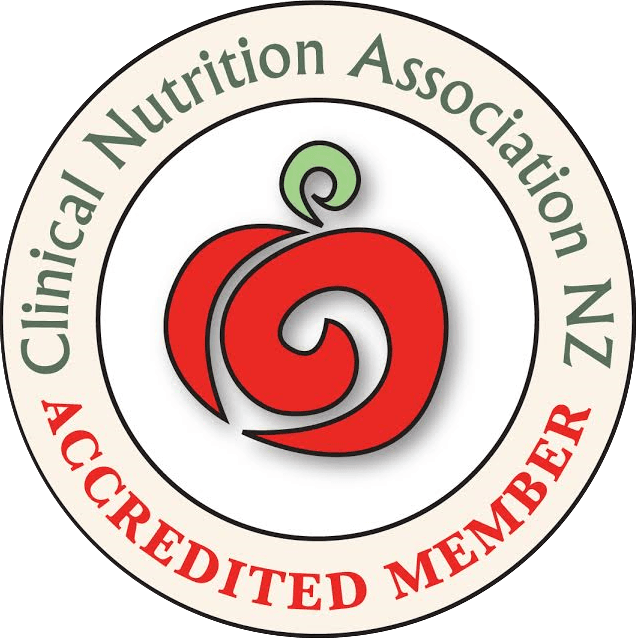What is protein? Protein is a macronutrient and is the building block of muscles in the body. It helps support healthy tissues and cells, which ultimately help boost your metabolism and fat-burning potential. They develop, grow and maintain our skin, hair, enzymes, organs, muscles, tissues, hormones and even parts of our immune system. They are involved in every body function from wound healing, fighting off pathogens and controlling blood sugar levels. Broken down they are called long chain amino acids, and are molecules that we can get from many different types of food, including vegetables, beans, seeds, dairy and animal products.
So, how much protein do you need? Well, it depends on the individual. The average person needs about half his or her body weight in protein daily, (being american I’m speaking in pounds). So, if you weigh about 120 pounds, you need about 60 grams of protein per day to build muscle and burn fat.
Studies have found that not getting enough protein can contribute to accelerated aging. Protein deficiency can contribute to a number of bodily issues that effect the eyes, heart, bones, muscles and more. Here are some symptoms that you aren’t getting enough protein:
Sluggish metabolism, moodiness, muscle/joint/bone pain, trouble building muscle mass, low energy/fatigue, trouble concentrating, blood sugar fluctuations, slow wound healing and getting sick frequently.
Amino acids are the building block for neurotransmitters in the brain which help to control your mood. Proteins help the brain make your ‘feel-good’ hormones such as dopamine and serotonin that help bring on calmness, excitement and a positive attitude, therefore are very important for stable brain function. Protein also helps you concentrate, focus and learn new information due to dopamine, epinephrine and norepinephrine. We all could probably improve work performance and our learning skills.
Any muscle builder knows protein is necessary to build new muscle mass, but it’s also important for sustaining energy and motivation. A diet too low in protein can lead to muscle atrophy (wasting), fat gain and fatigue. Your workout should be met with your daily protein needs to support tissue repair.
Eating enough protein can even help you sleep well. That’s because protein helps with tryptophan and serotonin production, which helps induce sleep. Protein also has a very minimal impact on blood glucose levels and even helps to slow down the absorption of sugar during a meal. Protein requires very little insulin secretion from the pancreas, therefore is helpful to maintain even blood sugar levels and therefore body weight.
Proteins also help with digestion as they help make digestive enzymes that break down your food so it can be absorbed properly and utilised for energy.
Lastly, not getting enough protein can raise your risk for bone weakness, fractures and even osteoporosis as protein is needed for calcium absorption.
So, what kind of protein is right for you? Well, I believe it depends on your individual body type, age, genes, lifestyle factors, etc. I usually advocate for eating a mix of plant based and animal based protein. However, I’ve personally adopted many meat-free days during the week and just double up on my vegetable proteins and in turn get more fiber, antioxidants and nutrients. Eating too much meat can be very acidic in the body, less environmentally sustainable, (think about the land needed for grazing, feed and not to mention the impact on the environment due to greenhouse gases) and more expensive. Vegetables still provide a great deal of amino acids, including beans, legumes (lentils, mung beans and kidney beans amongst some of my favourite); nuts and seeds (almonds, walnuts, cashews, flaxseeds, chia seeds and pumpkin seeds); and even grains (quinoa, buckwheat, oats and amaranth).
I just want to conclude by mentioning protein powders. There are so many different types of protein powders out there, and many which include additional muscle builders or energy boosts. Please be informed when buying a protein powder and investigate what some of those ‘other’ ingredients are and what they could potentially be doing to the body. Whey is a very common one, but whey can be very difficult to break down in the gut and cause inflammation. Two of my favorites that I use are pea protein, (huge fan of Nuzest), and bone broth protein which includes collagen and glucosamine which have the added benefit for your gut and skin.
So, if you want sustained energy, muscle mass, strong bones, good digestive health, beautiful skin and hair and remain at a comfortable weight for your body then make sure you’re getting enough protein in your daily diet! If you’re unsure if you’re getting enough, then come see me for a nutrition consultation and we can analyse your diet! Heather@foodforlife.co.nz


